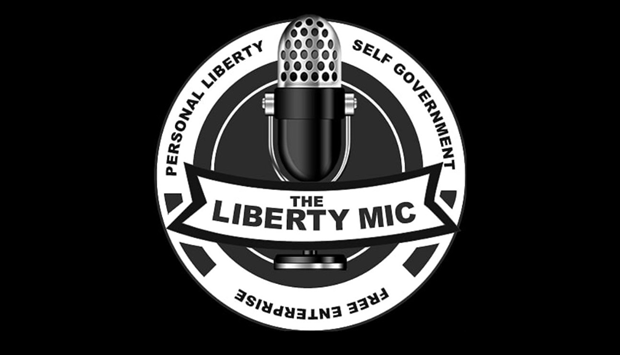We briefly review the last debate, spending some time on foreign policy, domestic economy and health. We do a rundown of Trump and Biden, and here’s our prediction for election day. HEADLINE: Government Wins Election Again!
Quid Pro Joe
Lots to cover this week: the CCP and the NBA, Social media and intelligence, Biden business, Trump taxes. We also reflect on the Breonna Taylor and Ryan Whitaker cases and finish with some review of the trade war with China and sanctions on the Nord Stream 2 pipeline. It’s an adventure!
Ready, Sit, Fight!
The VP debate, the Russiagate hoax (yes, still) and the e-mail debacle. Plus, is the US a sexist, racist country? Inquiring minds want to know.
Showdown at Samson Pavilion
We review the Jerry Springer-style debate and filter out the signal from the noise. We close on a couple of international stories that allow us to point out some universal truths. In other words, this podcast is a path to enlightenment.
